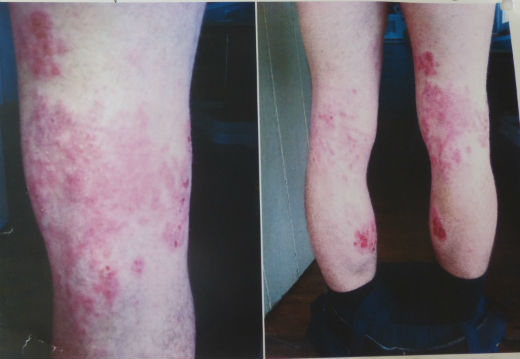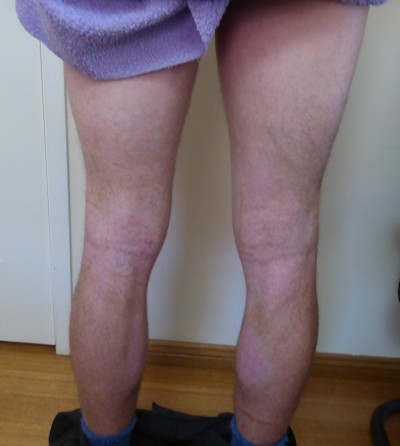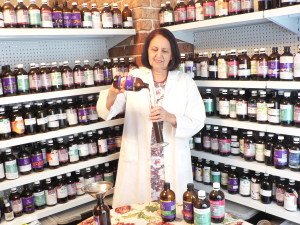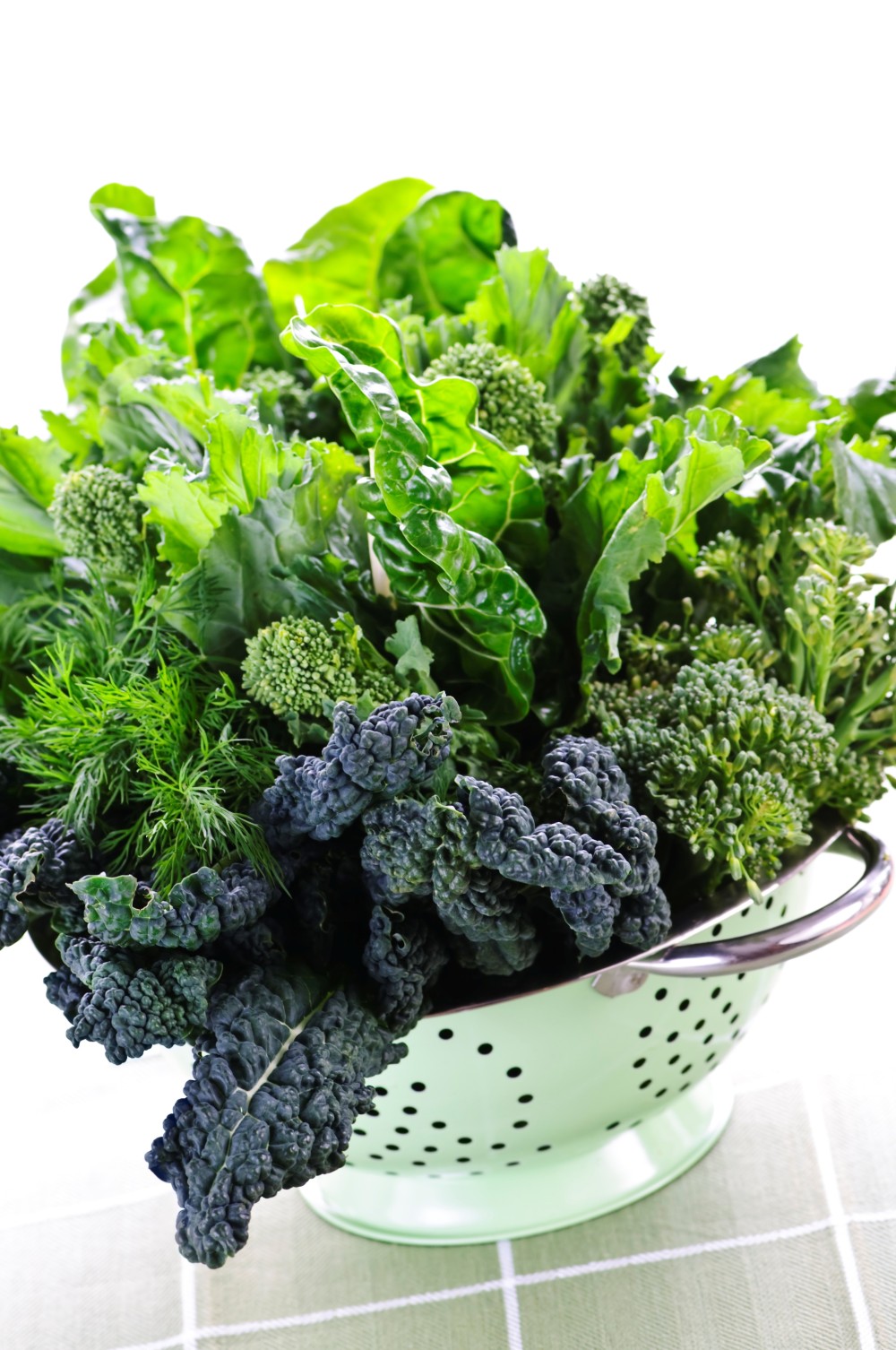
Psoriasis is an immune-mediated inflammatory disease of the skin characterised by red scaly patches (psoriasis plaques). These plaques are areas of excessive skin cell production and inflammation within a dermis of the skin. Newly generated cells rise to the skin’s surface within days, accumulating in thick, crusty patches. Plaques frequently occur on the skin of the elbows and knees, but can affect any area, including the scalp and genitals. The disorder is a chronic or recurring condition which can vary in severity, from minor localised patches to complete body coverage. Fingernails and toenails are frequently affected (psoriatic nail dystrophy), as are the joints (psoriatic arthritis). Depending on the severity and location of outbreaks, individuals may experience significant physical discomfort and some disability. Itching and pain can interfere with basic functions, such as self-care, walking, and sleep. Plaques on hands and feet can prevent individuals from working at certain occupations, playing sports, or caring for family members or a home. Individuals with psoriasis may also feel self-conscious about their appearance and have a poor self-image. Sometimes psoriasis can be as bad, that blood serum may leach from wounds, which may not heal for years.
What has psoriasis got to do what is going on inside my body?
Many people do not link their skin condition with what is going on inside their body. Most people are just interested in ridding themselves of the condition without having to go deeply into the particulars. I perfectly understand that as I would feel much the same if I suffered from psoriasis. However suppressing eczema or psoriasis with a cortisol cream or medication is only a sense of a ”false security”. From my 20 years of clinical experience and scientific research, it is evident that psoriasis comes back with a vengeance after ceasing administration of corticosteroids. Corticosteroids are used topically or internally to reduce inflammation/irritation. Prolonged use causes skin thinning, pigment changes, suppresses the immune system and affects the liver and causing vengeful flare-ups upon cessation.
There are seven types of psoriasis but let your naturopath worry about that and treat accordingly. The treatment, regardless of the type of psoriasis is very similar.
What causes psoriasis?
Psoriasis is a multifactorial disease. Factors that can contribute to the incidence of psoriasis include:
- The first outbreak is sometimes reported following stress/trauma or major infection
- Familial/genetic predisposition
- Immune system diseases (including AIDS)
- Obesity
- Skin damage
- Rheumatoid arthritis
- Immune system dysfunction
- Infections
- Autoimmunity
- Emotional stress
- Skin injuries/sunburn
- Certain drugs (chloroquine, gold, lithium, beta-blockers)
- Acidic foods
- Nutritional deficiencies such as B12, Folate and iron deficiencies and many more
- Changes in season and climate can trigger psoriasis outbreaks.
- Excessive alcohol consumption, smoking and recreational drug use may exacerbate psoriasis or make the management of the condition difficult.
Can psoriasis be treated naturally?

Image1. Patient’s psoriasis in December 2014, note the right leg with open wounds
Treating psoriasis demands commitment and cooperation from a patient and a positive mindset and the specialised expertise and experience from a practitioner. I have treated severe cases psoriasis which included a case of severe guttate psoriasis ( Image 1) presenting for 17 years. The patient visited my Clinic in December 2014 with such inflamed skin that he had to use bandages to absorb his blood serum leaching out of his wounds at the back and sides of his both legs. After just nine months of a naturopathic treatment in November 2015 the patient was completely psoriasis free ( Image 2). Healing Remedies St John’s Wort Oil and Eczema and Psoriasis Relief cream, were part of the topical application. Patient’s testimonial is available here
How may diet help to reduce psoriasis?

Image2.Patient is psoriasis free since November 2015
Dietary and lifestyle guidelines that may assist in the management of psoriasis:
- Reduction in foods causing inflammation including saturated fats (meats, especially poultry, and dairy), refined foods, and sugar. Patients sensitive to antibiotics should eat only organic meats to avoid antibiotic residues.
- Stress management techniques should be implemented.
- Patients often benefit from mind-body therapies.
- Exercise increases energy and improves overall health.
- Proper hydration aids in elimination.
- Limit alcohol, refined foods, simple sugars, and saturated fats found in meat and dairy as these foods tend to exacerbate this condition. Avoid acidic foods (pineapple, oranges, coffee, and tomato) and any allergic foods (wheat, citrus, milk, corn, eggs are the most common).
- Digestive enzymes facilitate proper protein digestion and should be taken with each meal. This is particularly important as incomplete protein digestion inhibits the formation of inflammatory factors, thus contributing to the cell proliferation which characterises psoriasis.
- Sunlight/ultraviolet light is a beneficial treatment for those with psoriasis. Exposure to the sun or UVB for half an hour daily is a helpful treatment.
- swimming in the ocean
If you would like to know more how natural medicine can help you, please contact Danuta Hulajko on 02 4854 0205 Danuta Hulajko is a holistic practitioner, international speaker, the founder and the practitioner at the DH Natural Medicine Clinic and www.healingremedies.com.au , Syothen Highlands. She specialises in anti-aging, autoimmunity, thyroid conditions, digestive disorders and heavy metals chelation. For more information please go to our website. You can follow Danuta Hulajko work, events, seminars, expos, latest health research, her health tips and advice on Facebook , on Instagram and LinkedIn
Danuta Hulajko is a holistic practitioner, international speaker, the founder and the practitioner at the DH Natural Medicine Clinic and www.healingremedies.com.au , Syothen Highlands. She specialises in anti-aging, autoimmunity, thyroid conditions, digestive disorders and heavy metals chelation. For more information please go to our website. You can follow Danuta Hulajko work, events, seminars, expos, latest health research, her health tips and advice on Facebook , on Instagram and LinkedIn

